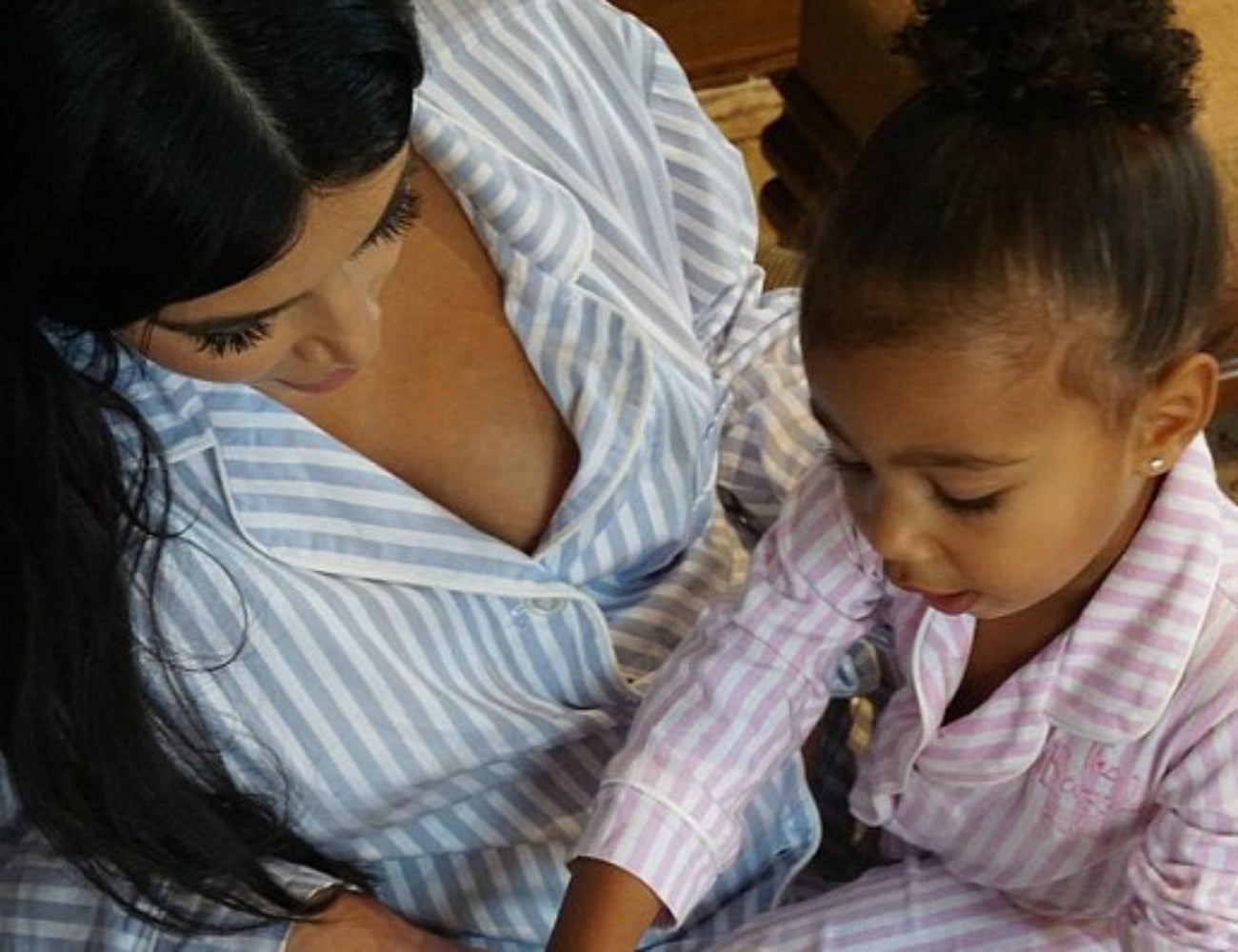We've placed motherhood on such a high pedestal we've forgotten the huge pros of being a child-free woman
You could be forgiven for thinking that women don’t exist in any other form than mum or mum-in-waiting. In the film world, recent research showed 58 per cent of roles for women revolve around their position in the home as wife or mother

Your support helps us to tell the story
From reproductive rights to climate change to Big Tech, The Independent is on the ground when the story is developing. Whether it's investigating the financials of Elon Musk's pro-Trump PAC or producing our latest documentary, 'The A Word', which shines a light on the American women fighting for reproductive rights, we know how important it is to parse out the facts from the messaging.
At such a critical moment in US history, we need reporters on the ground. Your donation allows us to keep sending journalists to speak to both sides of the story.
The Independent is trusted by Americans across the entire political spectrum. And unlike many other quality news outlets, we choose not to lock Americans out of our reporting and analysis with paywalls. We believe quality journalism should be available to everyone, paid for by those who can afford it.
Your support makes all the difference.Forgive me if the beginning of this piece sounds a bit like a disaster movie, but Earth is being taken over by an alien life form: the Not-Mums. These are women of any age who, miraculously, haven’t had children. Shocking, I know.
As a society we’ve placed motherhood on a ridiculously high pedestal, from the Virgin Mary through to the current cult of online parenting and celebrity mums. These mothers in the public eye, who are some of the most successful headline-grabbers and whose buying decisions often inspire and influence other mums-to-be, are part of an industry forecast to be worth £463million in sales by 2019 according to Euromonitor.
You could be forgiven for thinking that women don’t exist in any other form than mum-in-waiting, mum and then hopeful grandmother. In the film world, recent research revealed that 58 per cent of roles for women revolve around their position in the home as wife or mother.
And if you want an Oscar then statistically it’s a sure thing in the role of ‘wife’, with nearly 1 in 3 Oscars awarded to women in the role of either wife or widow.
In the advertising world, our vision of womanhood is barely more diverse, with the ‘Busy Working Mum’ a keen creative cliché. ‘Housewife With Kids’ is an equally popular trope, ignoring the fact that in the 1950 working mums were the minority, and today over 70 per cent of women with children also have a career. The idea of a woman as a full-time mum is becoming increasingly redundant.
Then, of course, there’s the political favourite: the ‘hardworking family’, just doing the best for their offspring. So what happens when you don’t fit into this paradigm? What happens when you become the Not-Mum?
In the US elections as reported by New York magazine, single unmarried women are set to wield the most decisive influence on the run for the White House. They accounted for 23 per cent of the voting electorate in 2012, and some 40 per cent of the African American electorate.
While in their twenties, childless British and American women out-earn their male peers, meaning they present a significant source of taxable revenue to the economy.
In 2015 the Not Mum Summit was the first landmark meeting of an organisation founded by Karen Malone Wright to promote and protect the rights of those women choosing not to have children. In a world where women who are actively childfree are admonished by Pope Francis for being ‘selfish’, or publicly derided for ‘not having much love in them’ - such was the criticism aimed at Julia Gillard in the Australian parliament by Labour Leader Mark Latham - sadly it feels like childfree women are in need of someone on their side.
While women’s abilities to bring life into the world as a mother are life-changing and wonderful for many, I prefer to see ovaries in the same way as nuclear weapons: you shouldn’t have to use them to be powerful.
Our strengths extend beyond our ability to bear children. And if 86 per cent of women worldwide feel that femininity is a strength not a weakness, perhaps we should be more awakened to the idea of ‘Female Capital’ – the values that women bring to the world as women, not necessarily just as mothers.
Personally, I look forward to the rise of the Not-Mum: because she’s here already, pulling the strings in the background, and it’s high time we recognised her for the worthy social contributor that she is.
Rachel Pashley is the Global Planning Director of J. Walter Thompson London
Join our commenting forum
Join thought-provoking conversations, follow other Independent readers and see their replies
Comments